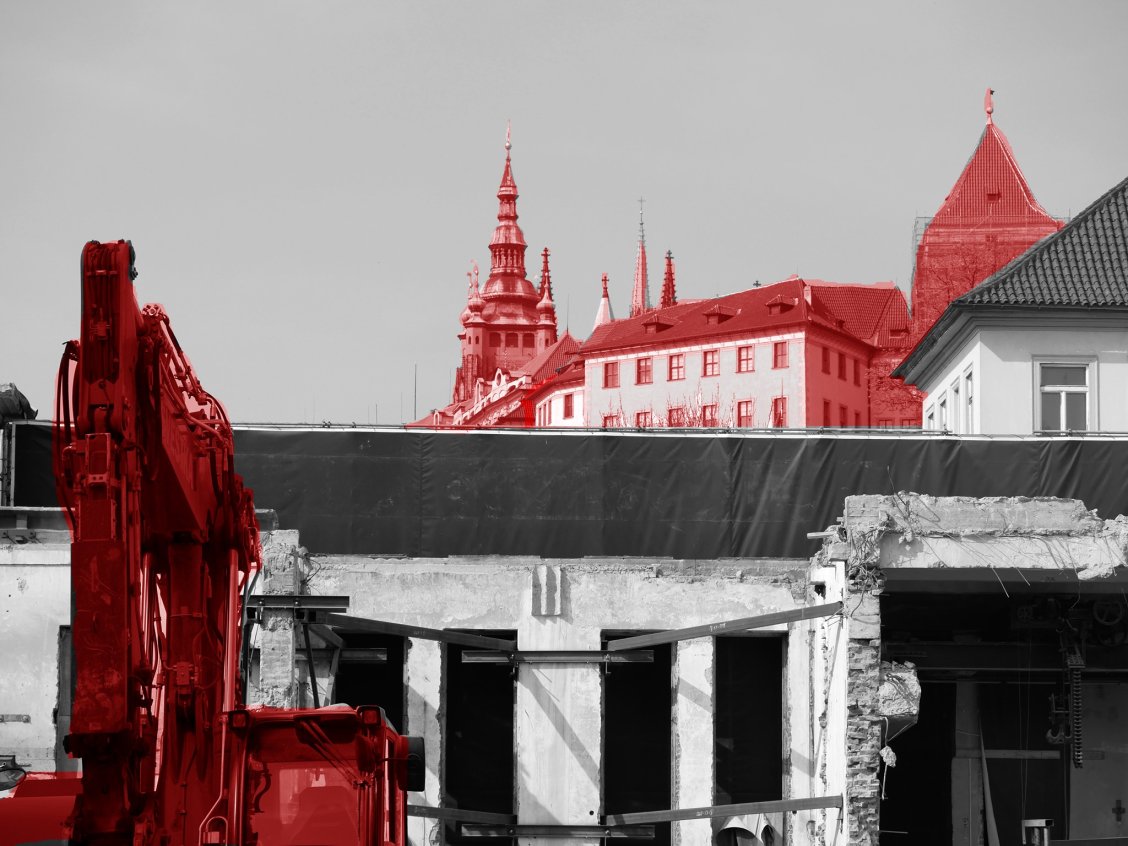EAAE Thematic Network on Conservation at the Faculty of Architecture CTU Prague
16/5/2019

The workshop brings together a broad range of people, from art conservators to architects, engineers,
and officials, to discuss the issues that have come to be of crucial importance in the management
of European cultural heritage. Considering the roles that critical reflection and academic scholarship
have played in developing conservation as a cultural practice, it will explore how the EAAE Conservation
Network can enhance the contribution of these two basic pillars of architecture for the future of
architectural heritage.
The workshop will take place in the heart of Europe: the City of Prague in the Czech Republic. It will
comprise academic presentations on the issues identified below as topic areas, small, intensive group
discussions, and study trips to selected sites.
1. Towards the contemporary hybrid city and cultural complexity
Do contemporary cities need a blended mix of history and modernity? How does gentrification impact
public or private spaces, their diversity, and the intricate web of relations in the city?
2. The force of everyday life
How can we strengthen the sustainability of the cultural value, ecology, economy, and prolonged
life cycle of the built environment through necessary, responsible maintenance? Can we control or
manage amateur alterations (adaptations) driven by consumption and commercial forces?
3. Contemporary versus traditional technologies and approaches
Are traditional and modern technologies sufficiently accessible or culturally acceptable in a contemporary
city? And what is the role of architects, conservators, municipalities, institutions, legislation,
participation, and professional ethics?
4. The scale of new intervention versus memory
Is it possible to accept and make meaningful use of small-scale historic heritage in a contemporary
city? Or to benefit contemporary lifestyles? Using current development approaches and
building processes? Can demolition be accepted as a legitimate option or strategy? Can we


